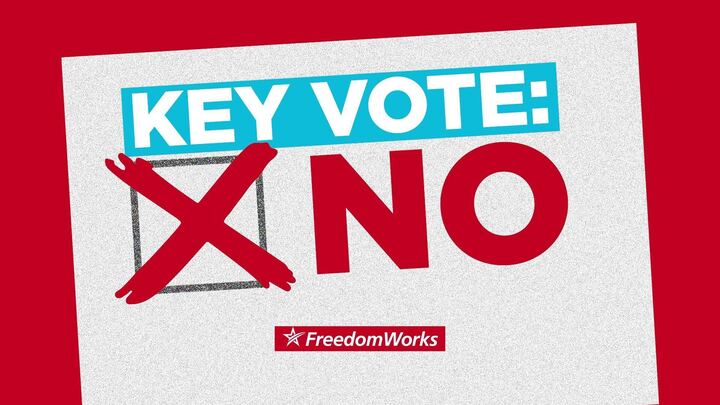Congress Seeks to Expand Warrantless Surveillance Under the Patriot Act
How would you feel if the Federal Bureau of Investigation could get information about websites you visited or emails you sent – without ever getting permission from a judge? Would you begin to self-censor the websites you visited – maybe avoiding revealing sites? Or, avoid emailing your pastor, therapist, or lawyer? These scenarios may soon no longer be hypothetical.
Some Senators are looking for a way to expand Patriot Act provisions that allow warrantless surveillance of Americans. Tomorrow, the Senate will vote on a proposal to expand the ability of the FBI to gather sensitive information about Americans’ online communications – potentially including browsing history, location information from IP addresses, and the to/from lines of an email – without a court order.
While the FBI has labeled this merely a “typo” fix, it is anything but. To fully understand the disingenuousness of this characterization, a bit of history is helpful.
In 2001, the Patriot Act expanded the FBI’s ability to gather certain types of records using only an administrative subpoena, called a “National Security Letter (NSL).” This new authority, which Congress now seeks to expand, explicitly limits the type of information that the FBI can collect to name, address, length of service, and tolling records (i.e. essentially phone billing records).
The change gutted protections historically afforded to Americans as a buffer against government abuse. Specifically, the Patriot Act reduced the standard necessary to obtain the specified information, requiring that it only be “relevant” to an authorized terrorism or counterterrorism investigation. Simultaneously, it increased the number of officials who could authorize NSLs, including agents at FBI field offices across the country. This is virtually identical to the language we now know was used to justify the collection of every single American’s call records.
In the past ten years, the FBI has issued over 300,000 NSLs. So, why has the average American never even heard of this? In one word: secrecy. The vast majority of NSLs are accompanied by a “gag” order preventing companies from telling the public that they have received a request for personal information about them or informing customers of the information they have been forced to disclose.



